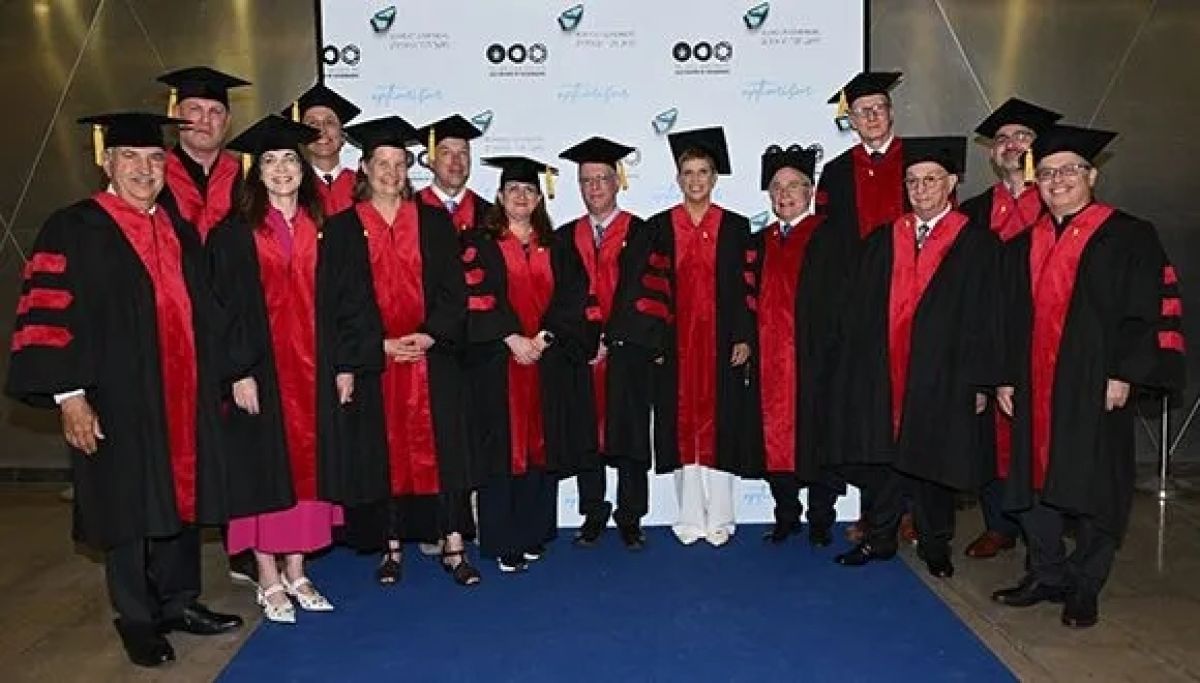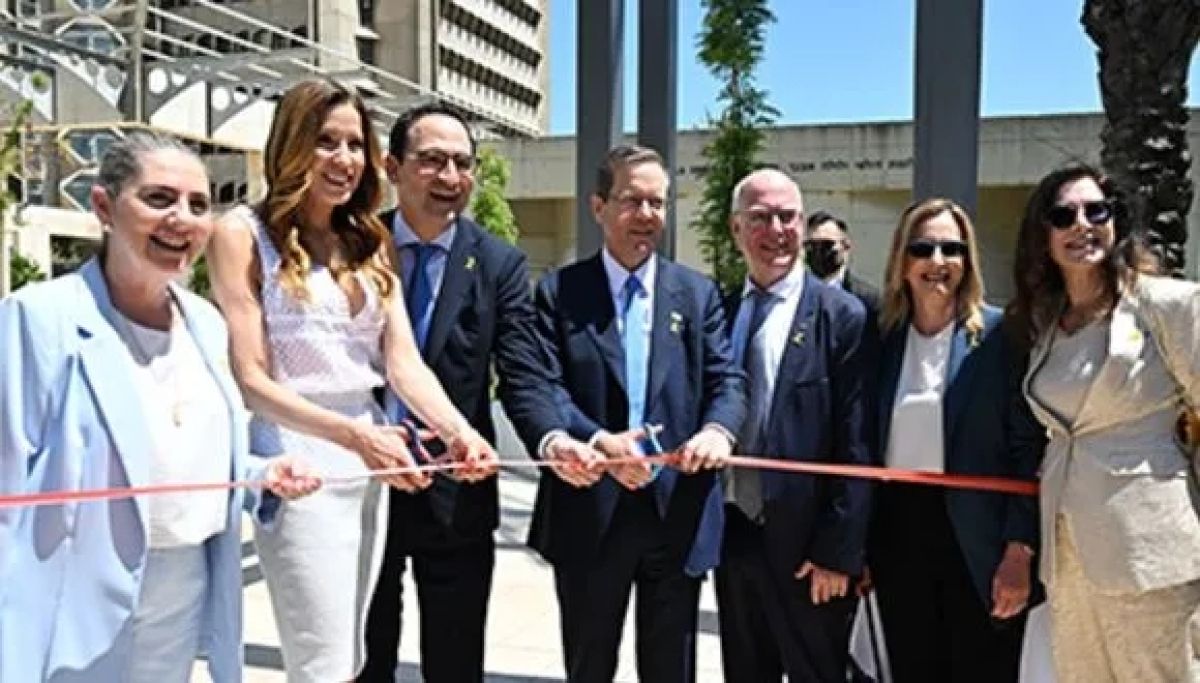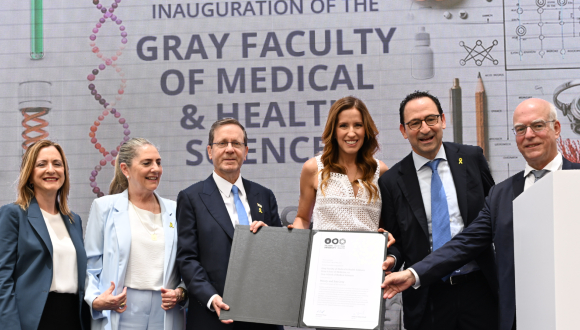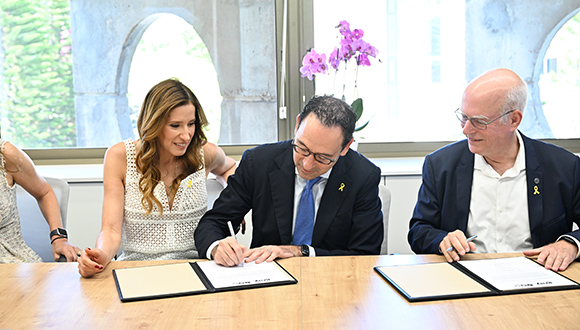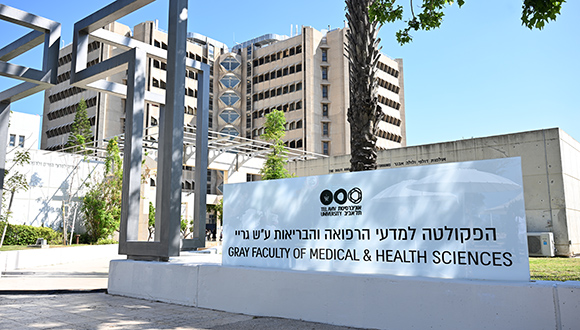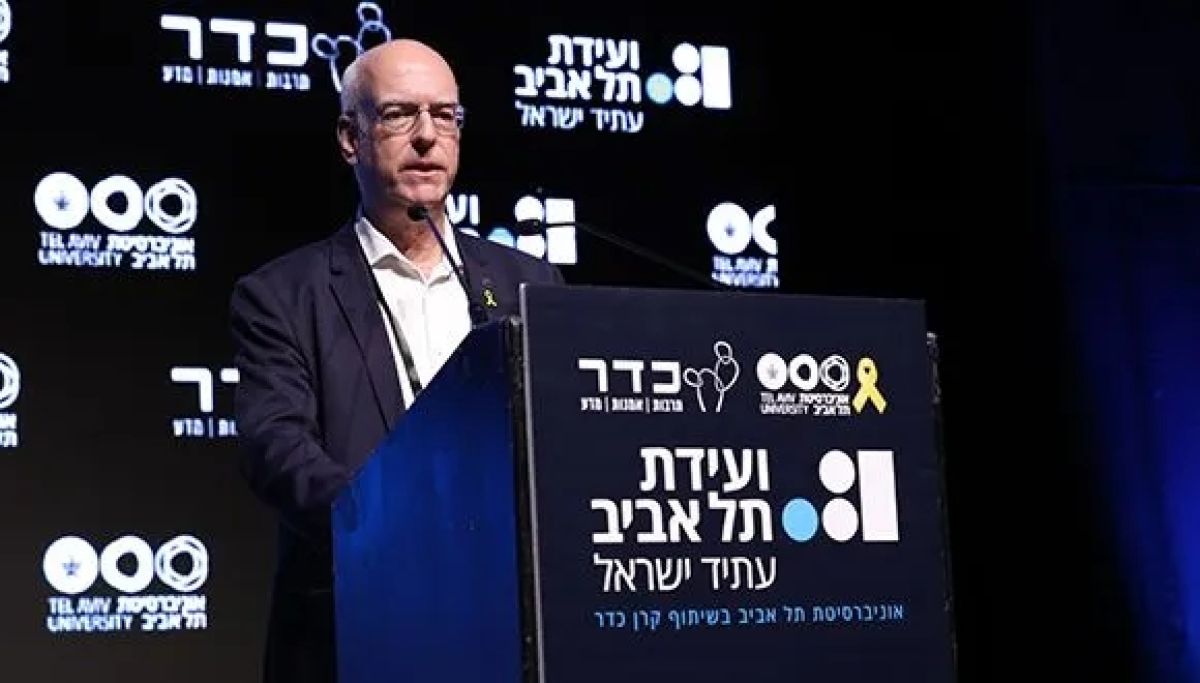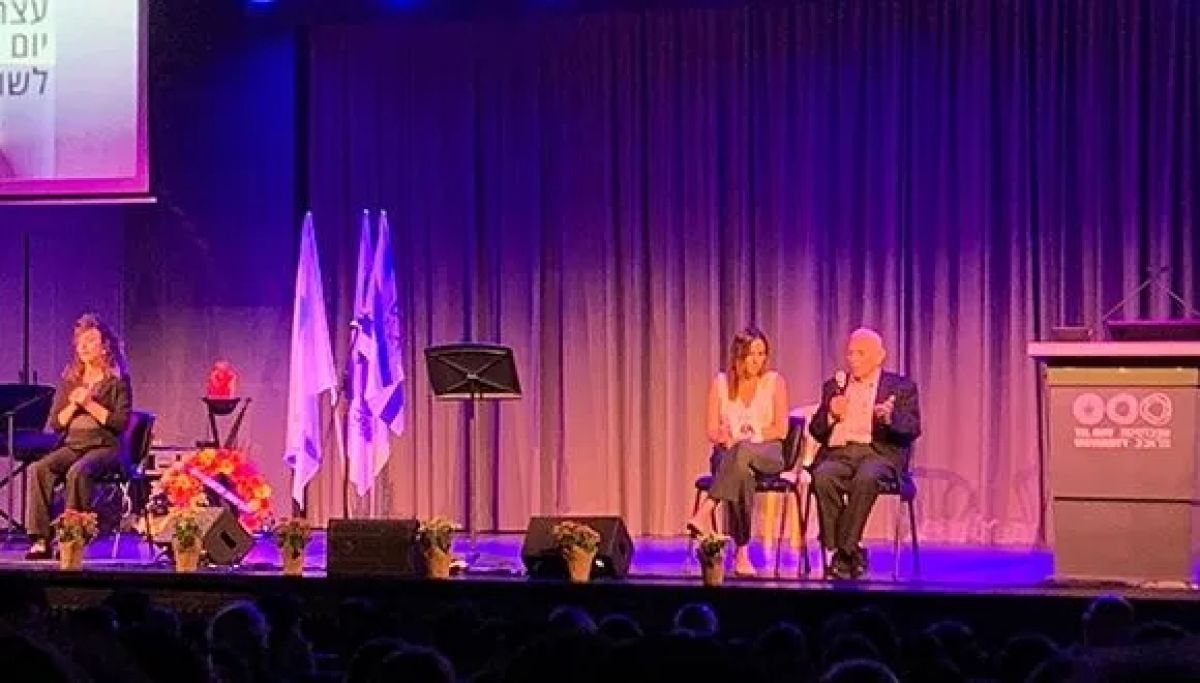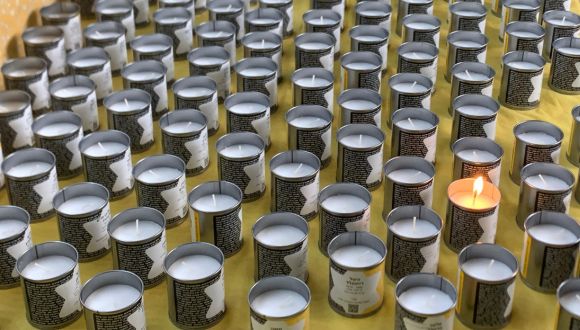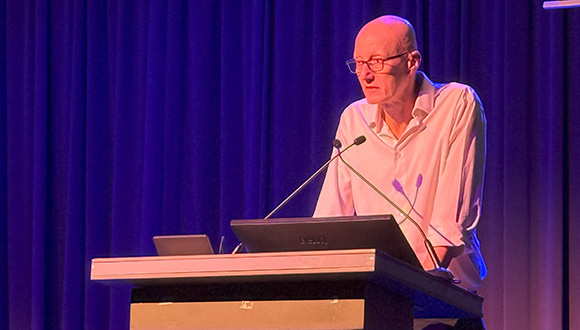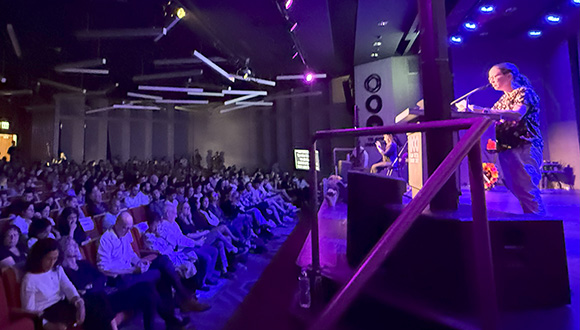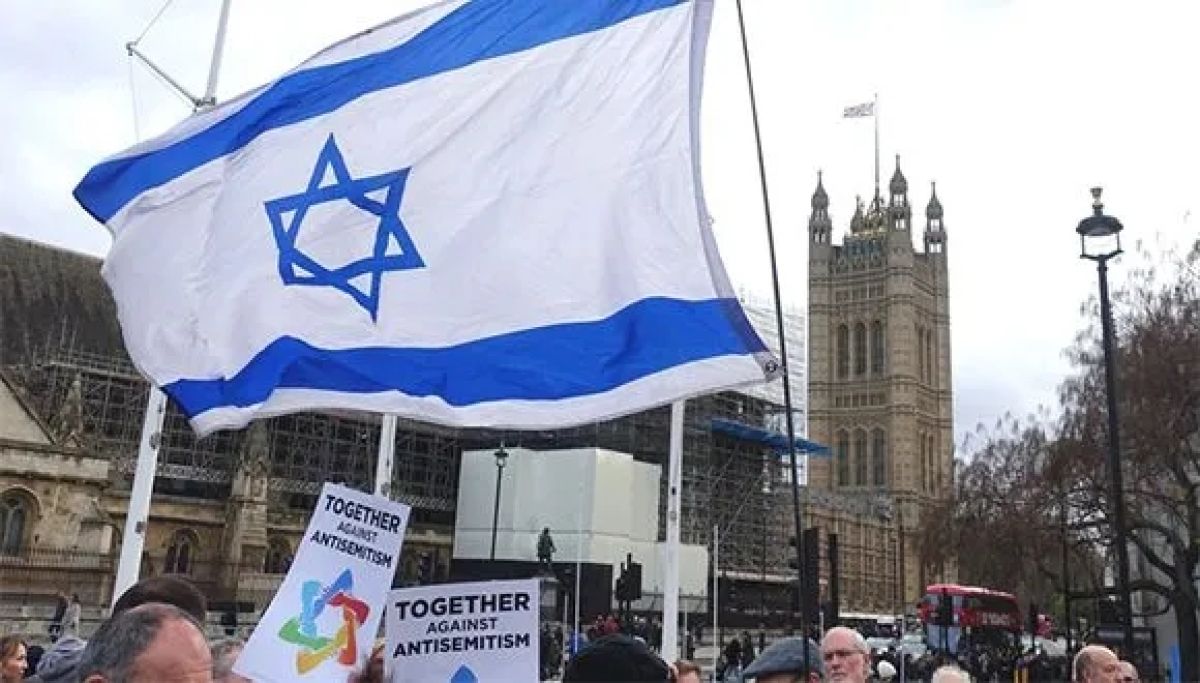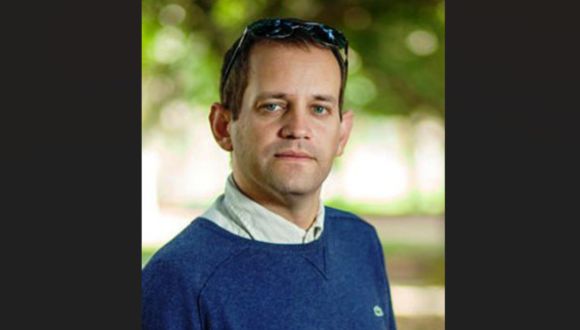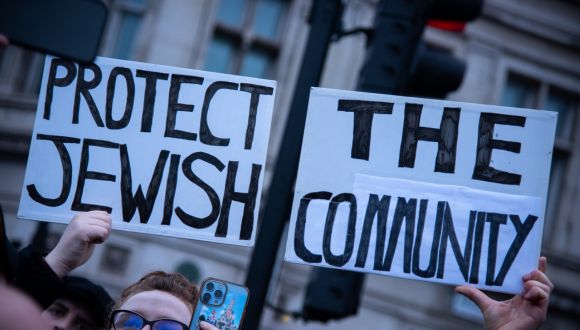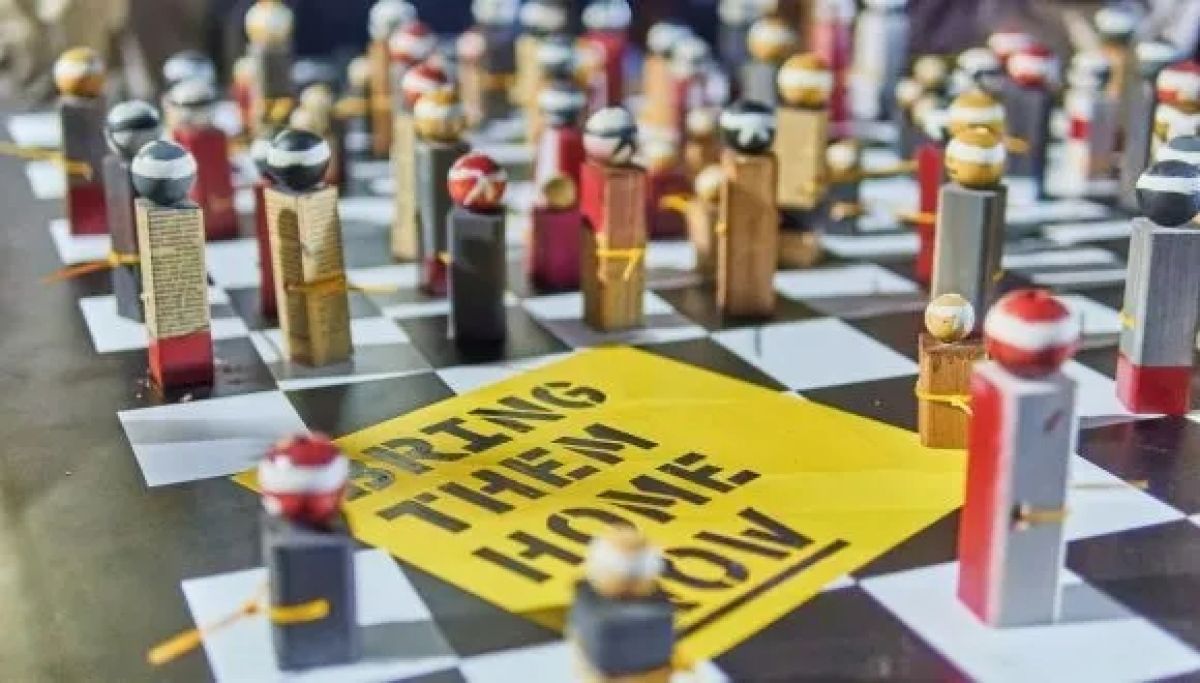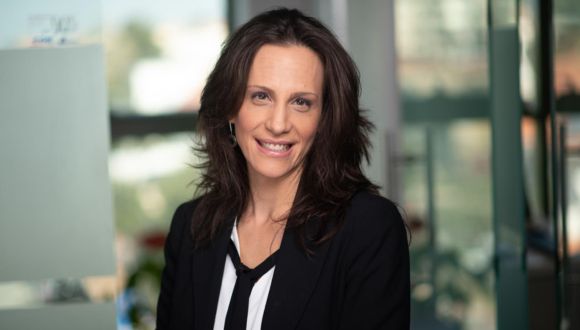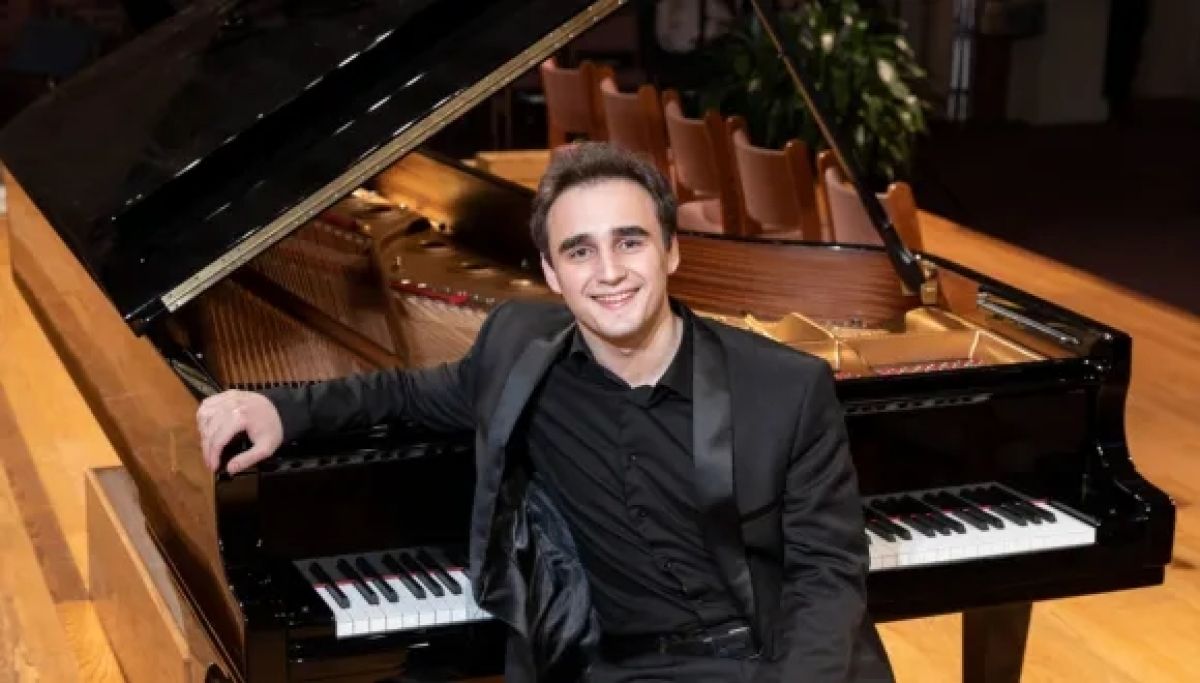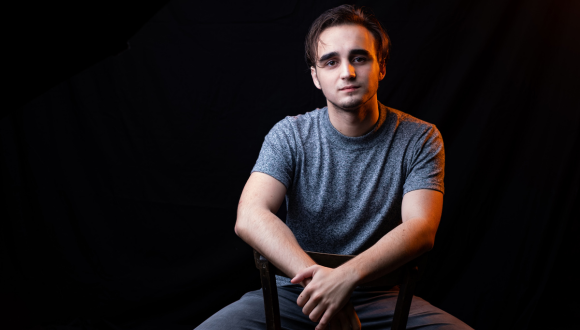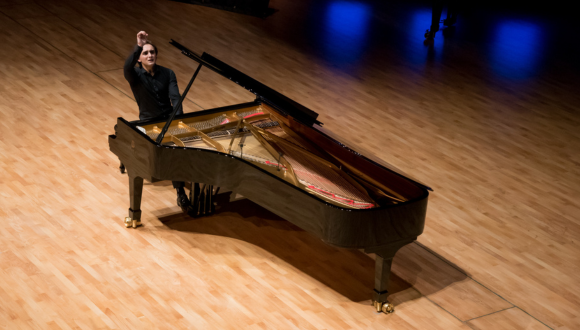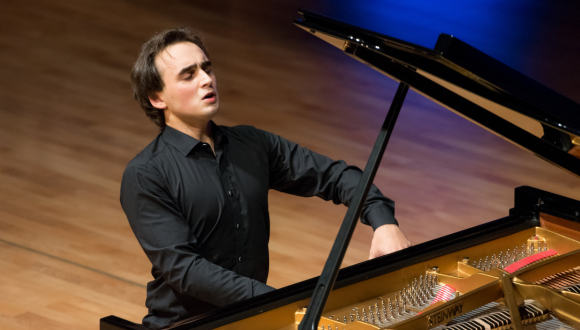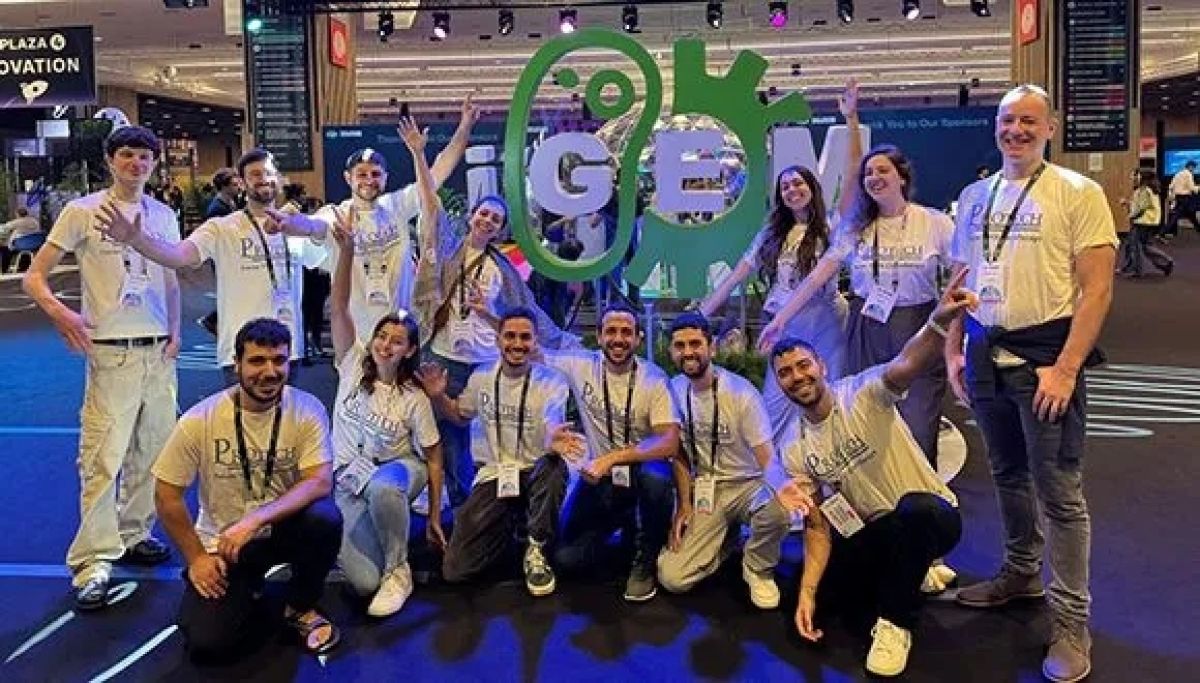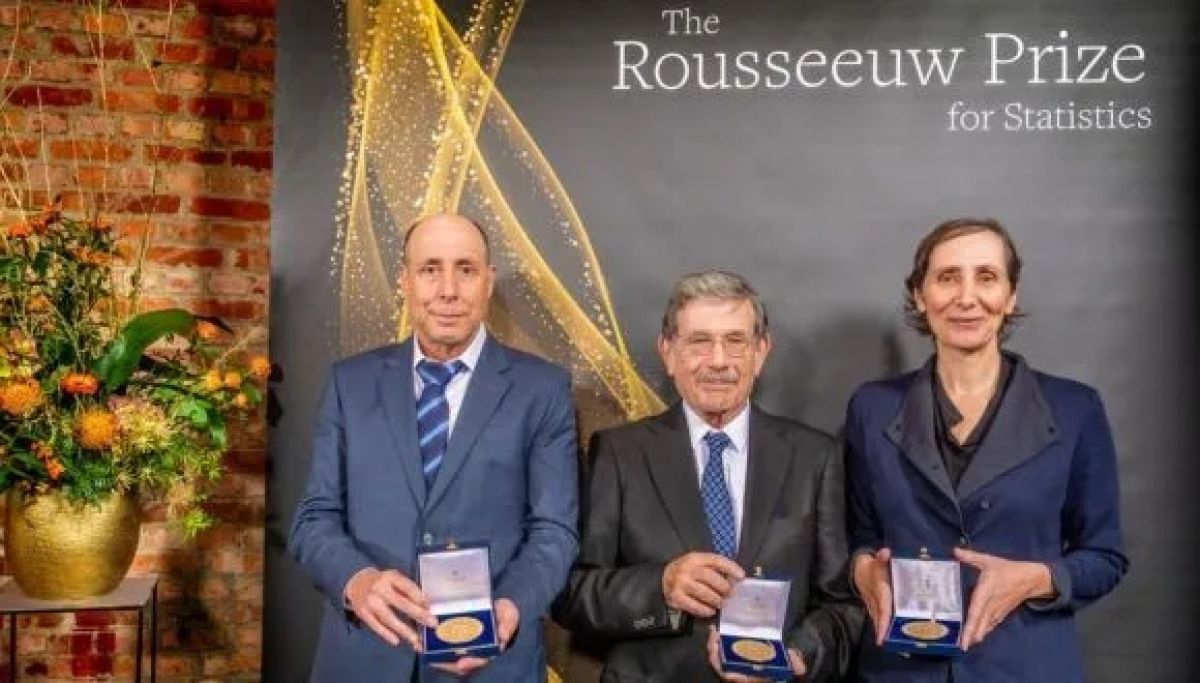TAU Honors Ten Visionaries with Honorary Doctorates and Fellowships
Honorees include scientists, journalists, industry leaders, philanthropists, a social activist, and Israel’s national orchestra – recognized for their exceptional contributions to science, culture, society, and peace.
At a moving and festive ceremony, Tel Aviv University awarded honorary doctorates and fellowships to ten extraordinary individuals and organizations in recognition of their outstanding contributions to science, culture, the economy, society, and peace.
The recipients include renowned scientists, journalists, industry leaders, philanthropists, social activists, and Israel’s national orchestra — all honored for their impactful work and embodiment of TAU’s core values: innovation, academic excellence, and public engagement.
Dan Holzmann – Entrepreneur, Investor, and Philanthropist
TAU awarded an honorary doctorate to Dan Holzmann for his pioneering achievements over more than three decades as a businessman, entrepreneur, investor, and philanthropist. Holzmann has launched successful ventures across sectors ranging from real estate and sports management to AI-powered cosmetics. Through the Holzmann Foundation, he has supported over 50 educational and social organizations worldwide. He is also recognized for his commitment to empowering the next generation of Israeli entrepreneurs — particularly TAU students — through initiatives like the “Launchpad Dan” program on campus.
Dr. Yael Admi – Peace Activist and Software Engineer
Dr. Yael Admi, a leading voice in cross-cultural dialogue in Israel, received an honorary doctorate in recognition of her remarkable efforts to promote reconciliation and civic courage. She is a co-founder of “Women Wage Peace,” Israel’s largest grassroots peace movement, and a former chair of the Israeli-Palestinian Bereaved Families Forum. With a background in software engineering and AI, Dr. Admi has combined technological expertise with decades-long peace activism to build trust and foster a more equal and responsible society.
Gideon Hamburger – President of Harel Insurance and Advocate for Higher Education
TAU honored Gideon Hamburger for his long-standing contributions to Israel’s insurance industry and for his philanthropic leadership in academia and culture. Together with his brother Yair, he established the Harel Center for Capital Market Research and the Harel Institute for Actuarial Innovation at TAU’s Coller School of Management. Beyond his business achievements, Hamburger holds prominent roles in major Israeli cultural institutions, including the Israeli Opera, the Tel Aviv Museum of Art, Variety Israel, and the Weizmann Institute of Science.
Israel Philharmonic Orchestra – Cultural Icon and Academic Partner
The Israel Philharmonic Orchestra was awarded an Honorary Fellowship for its immense contribution to Israeli and global culture over nearly 90 years. Founded in 1936 to provide refuge for Jewish musicians fleeing Europe, the IPO has performed with world-class conductors and soloists ever since. The orchestra is a key partner in TAU’s Buchmann-Mehta School of Music, where it plays a vital role in training the next generation of musicians. Maestro Lahav Shani, the IPO’s current Music Director, is a graduate of the school.
Prof. Miranda A. Schreurs – Global Environmental Policy Leader
A distinguished scholar in environmental policy and sustainability, Prof. Miranda Schreurs of the Technical University of Munich received an honorary doctorate for her research and public service. Known for her cross-continental efforts to promote climate action, Prof. Schreurs serves in influential advisory roles across Europe. TAU recognized her for advancing global academic discourse at the intersection of science, policy, and environmental justice — and for her ongoing collaborations with institutions worldwide, including TAU.
Yair Hamburger – Chairman, Business Leader, and Philanthropist
Yair Hamburger, Chairman of Harel Insurance and Finance Group, was honored for his leadership in Israel’s financial sector and for his social impact through broad philanthropic engagement. His initiatives in education, the arts, and public health reflect a lifelong commitment to improving Israeli society. At TAU, he has played a key role in establishing research centers that shape the future of economics and actuarial science. His honorary doctorate recognizes over 50 years of visionary leadership and civic dedication.
Danna Azrieli – Chairwoman of the Azrieli Group and Azrieli Foundation
Businesswoman, real estate developer, and philanthropist Danna Azrieli was honored for her visionary leadership of Israel’s largest real estate group and her extensive philanthropic activity in education, health, and Jewish identity. Under her leadership, the Azrieli Group expanded into senior housing and data centers internationally. The honorary doctorate also acknowledges her long-standing support of TAU’s Azrieli School of Architecture and her role in cultivating Israel’s next generation of architects and builders.
Thomas L. Friedman – Award-Winning Journalist and Commentator
Thomas Friedman, one of the world’s most influential journalists, received an honorary doctorate for his exceptional role in shaping public discourse on the Middle East, globalization, and foreign policy. A longtime New York Times columnist and three-time Pulitzer Prize winner, Friedman has helped global audiences better understand Israel’s regional dynamics. TAU recognized him for his enduring friendship with Israel and his meaningful connection to Tel Aviv University, where his sister once studied — a trip that first sparked his lifelong interest in the region.
Prof. Stephen (Steve) Quake – Pioneering Bioengineer and Innovator
Prof. Steve Quake of Stanford University was honored for transforming modern biology and medicine through groundbreaking technologies — including rapid DNA sequencing and the first non-invasive prenatal test for Down syndrome. He currently serves as Head of Science at the Chan Zuckerberg Initiative and co-leads the Biohub, a cutting-edge biomedical research center. TAU recognized his revolutionary scientific work, his mentorship of young researchers, and his active collaboration with Israeli scientists.
Jonathan R. Goodman – Pharmaceutical Entrepreneur and Philanthropist
Jonathan Goodman was awarded an honorary doctorate for his outstanding contributions to the pharmaceutical industry and his deep commitment to social impact. Founder and former CEO of Paladin Labs and current Executive Chair of Knight Therapeutics, Goodman has also led major philanthropic initiatives in climate, education, cancer research, and Jewish communities worldwide. His support of TAU and his dedication to Israel’s development reflect a powerful blend of entrepreneurial drive and civic responsibility.

